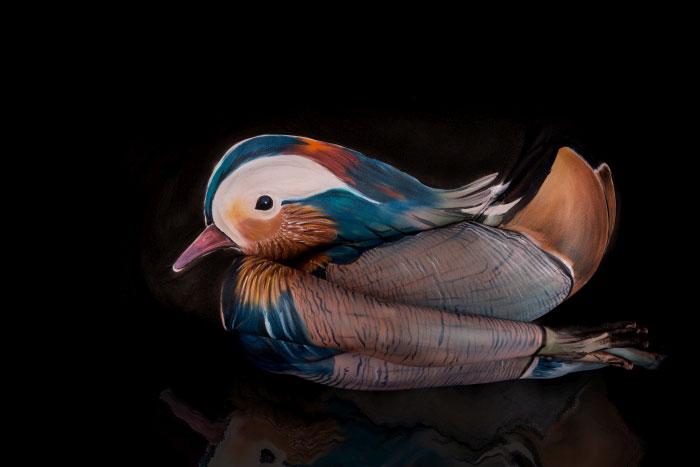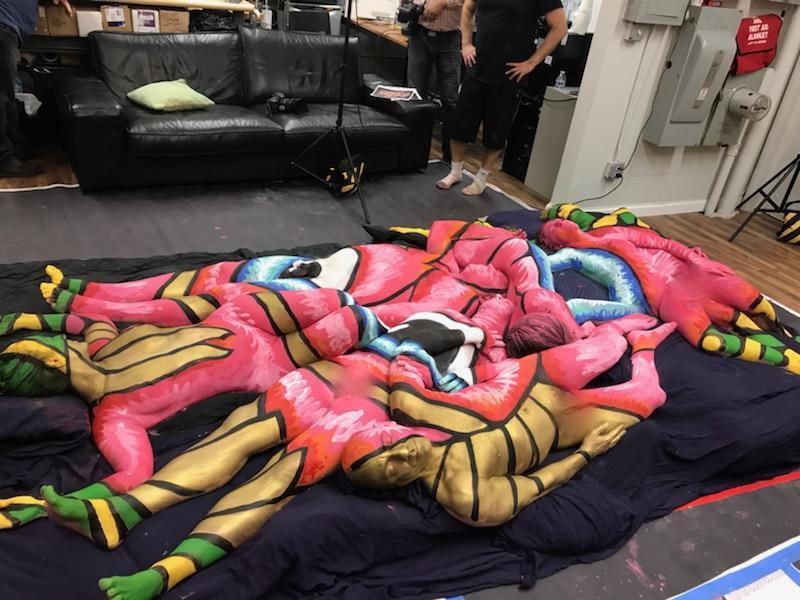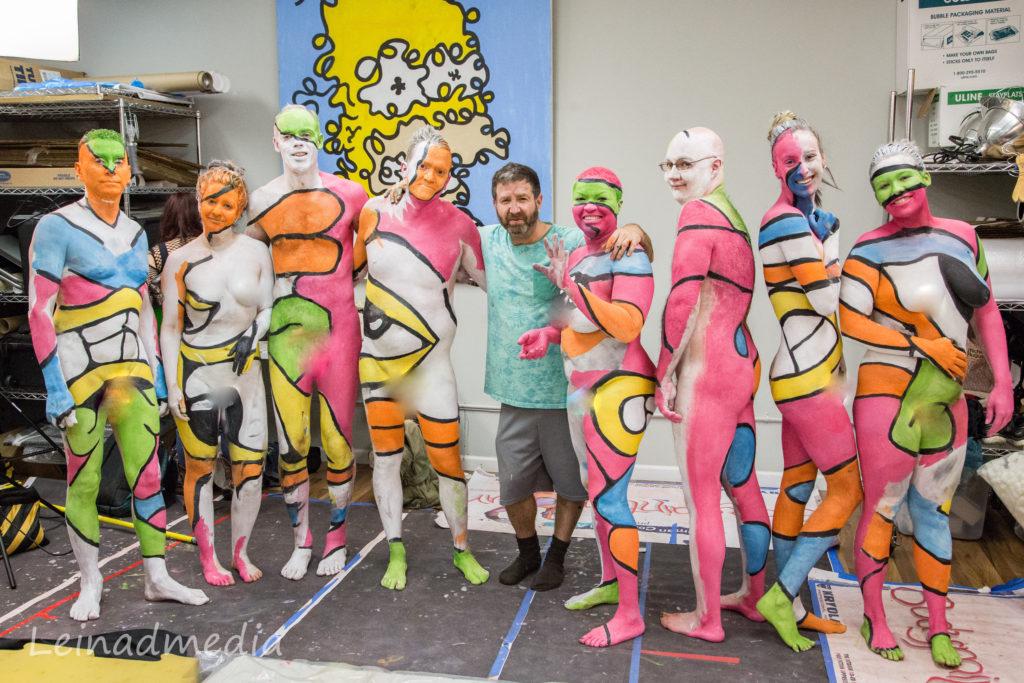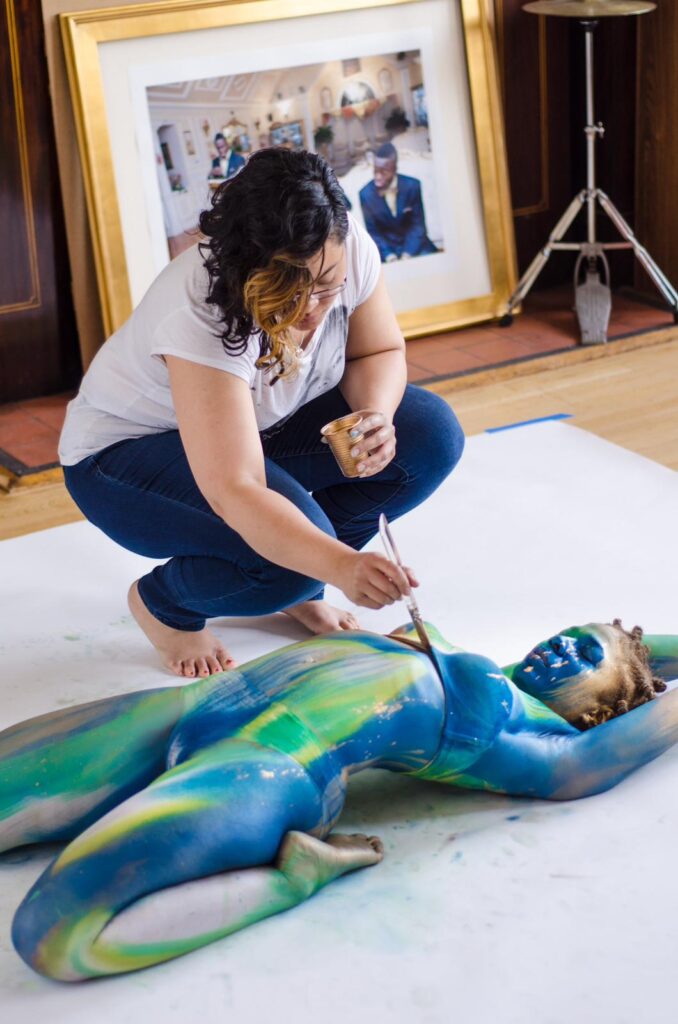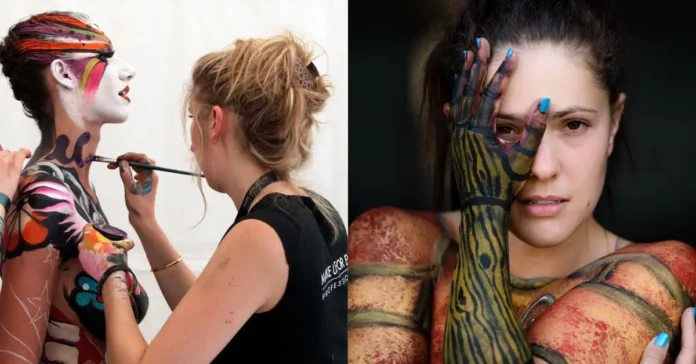The art of Body Painting.
Body painting is a fascinating form of art where the human body becomes a canvas. Artists use paint, brushes, and their imagination to create stunning works of art directly on the skin. Unlike traditional paintings that hang on walls, body paintings live and move with the person wearing them, turning the body into a living, breathing masterpiece.
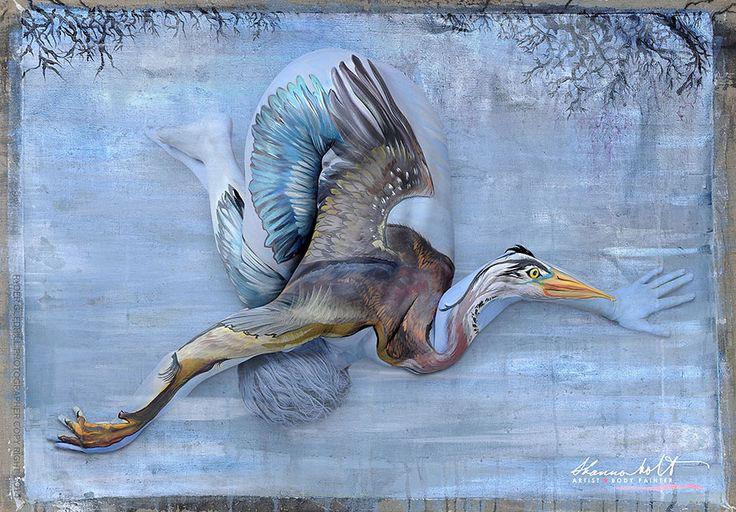
The Origins of Body Painting.
The practice of body painting is ancient, dating back thousands of years. Early humans used natural pigments like ochre, charcoal, and plant-based dyes to paint their bodies for rituals, ceremonies, and special occasions. In some cultures, body paint was a symbol of identity, status, or spiritual protection. African and Aboriginal tribes, for instance, have used body painting as a part of their cultural traditions for centuries.

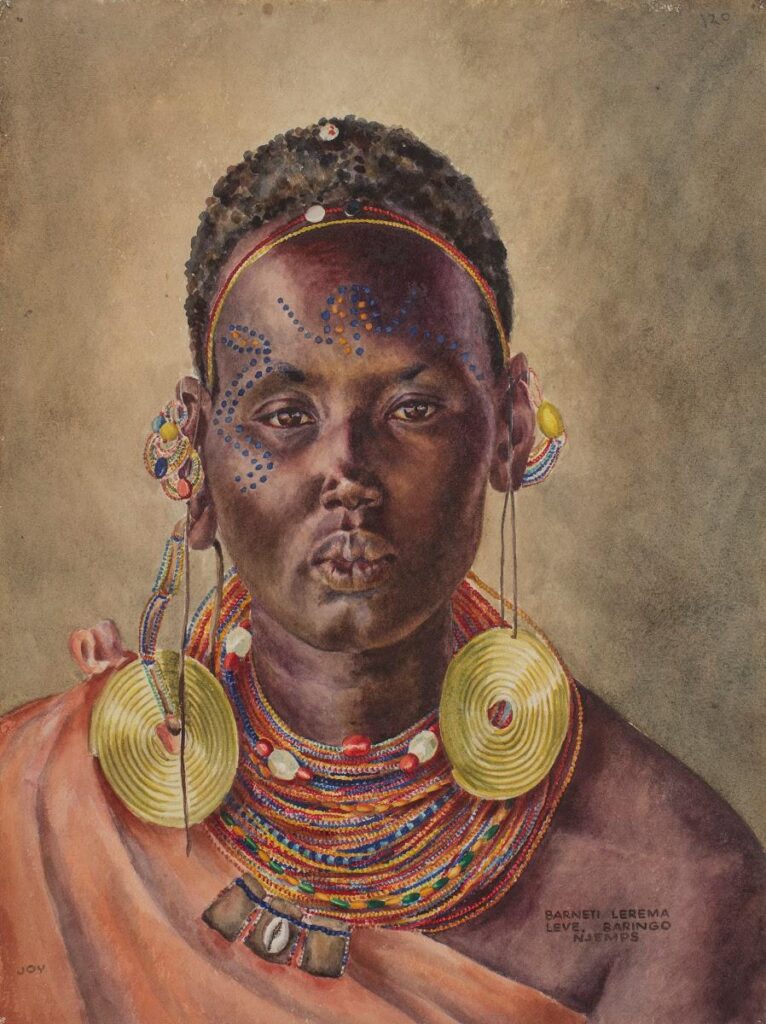
Body Painting as Modern Art.
In the 20th century, body painting transformed into a popular modern art form. Artists like Yves Klein and Veruschka helped bring it into the spotlight during the 1960s. Today, body painting is used in festivals, fashion, photography, and performance art. It’s a powerful way to express creativity, break boundaries, and make a bold statement.
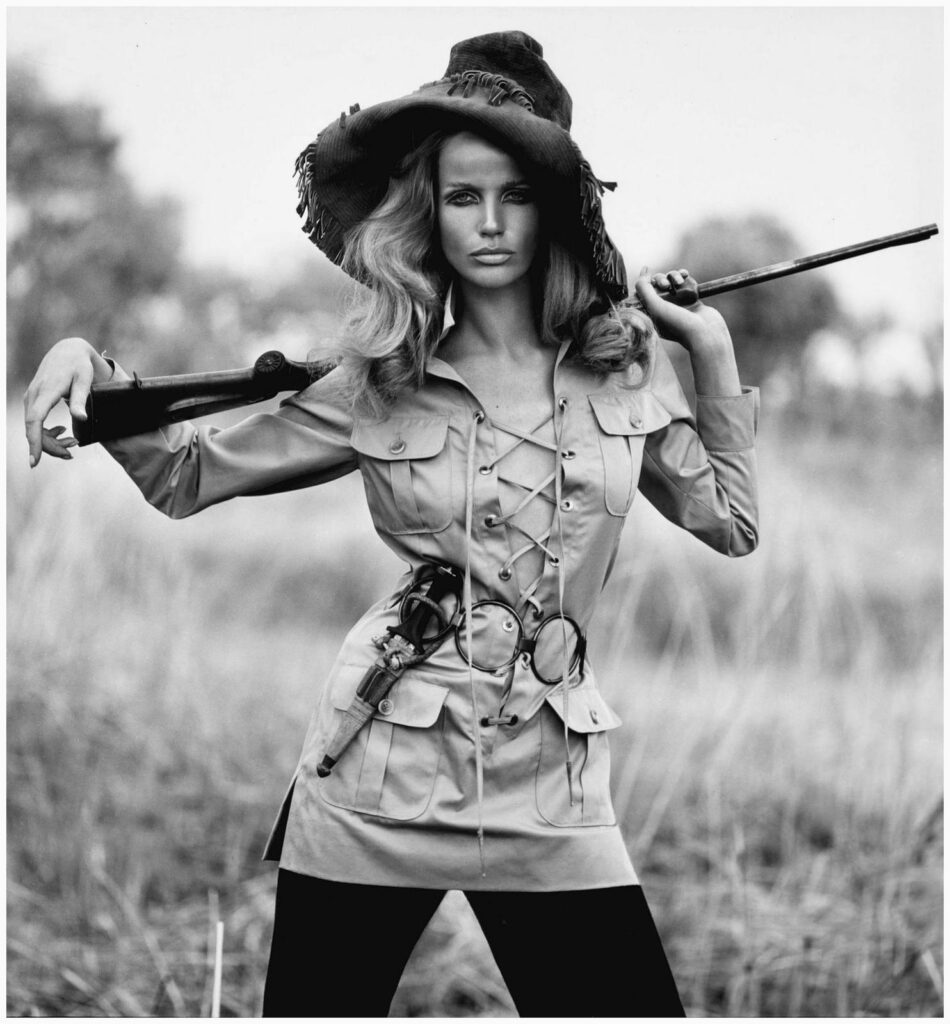
Veruschka in Yves Saint Laurent Vogue 1968
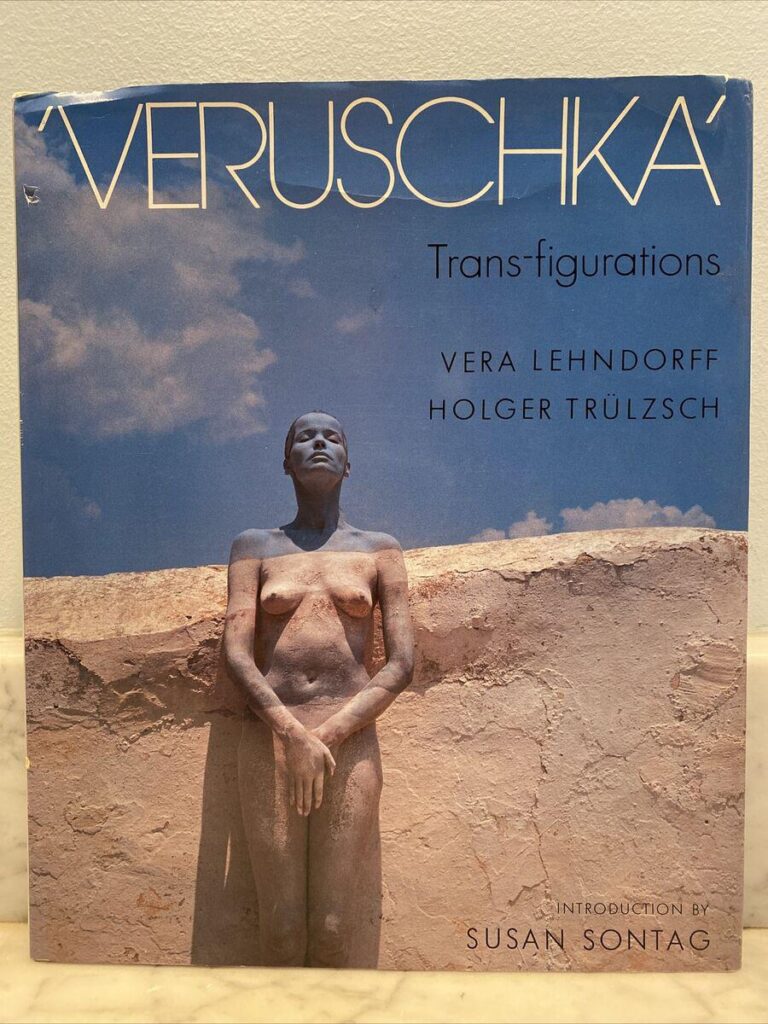
Aome fine art of Veruschka.
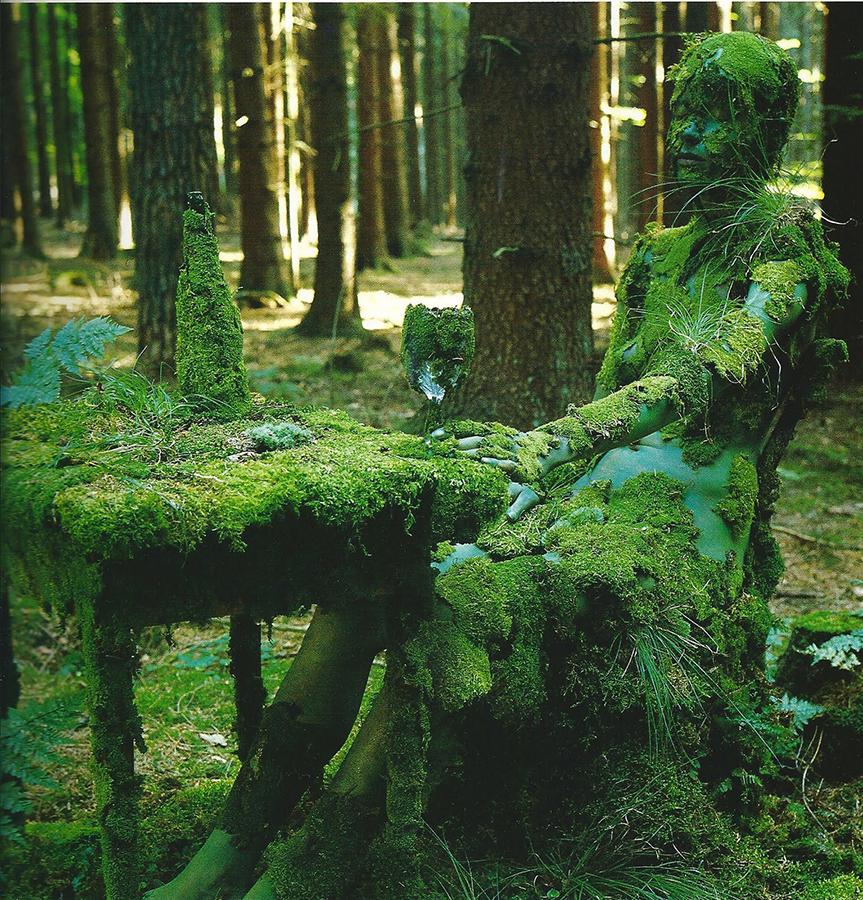
The Trend and World Records.
Body painting has become a global trend, with major festivals celebrating this art form. One of the most famous is the World Bodypainting Festival, held annually in Austria, where artists from around the world gather to showcase their talent.
Body painting also holds some incredible world records. The largest gathering of painted people happened in 2007, when over 1,200 participants in the UK were painted in full-body art! Additionally, artists like Johannes Stötter have gained fame for creating mind-bending body illusions, like his painting of people as animals or merging multiple bodies into one seamless artwork.
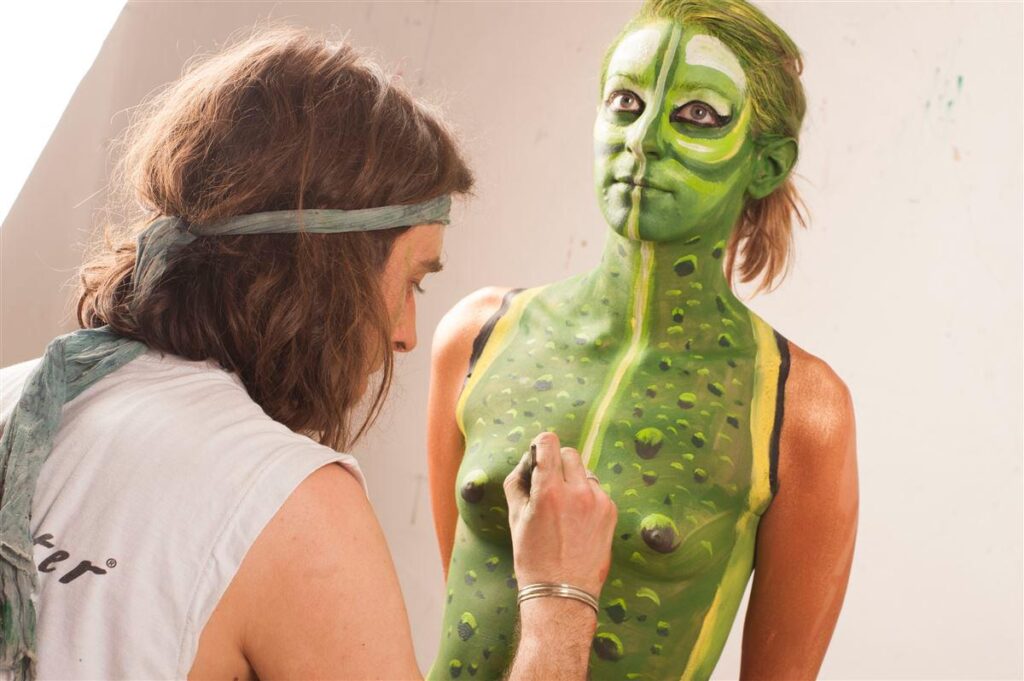
Johannes Stötter working on a frog art.
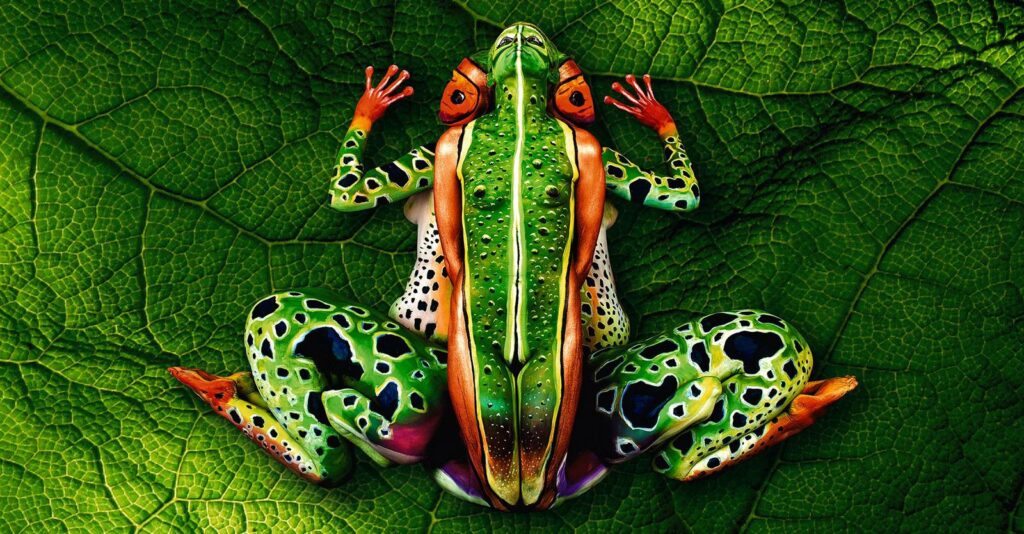
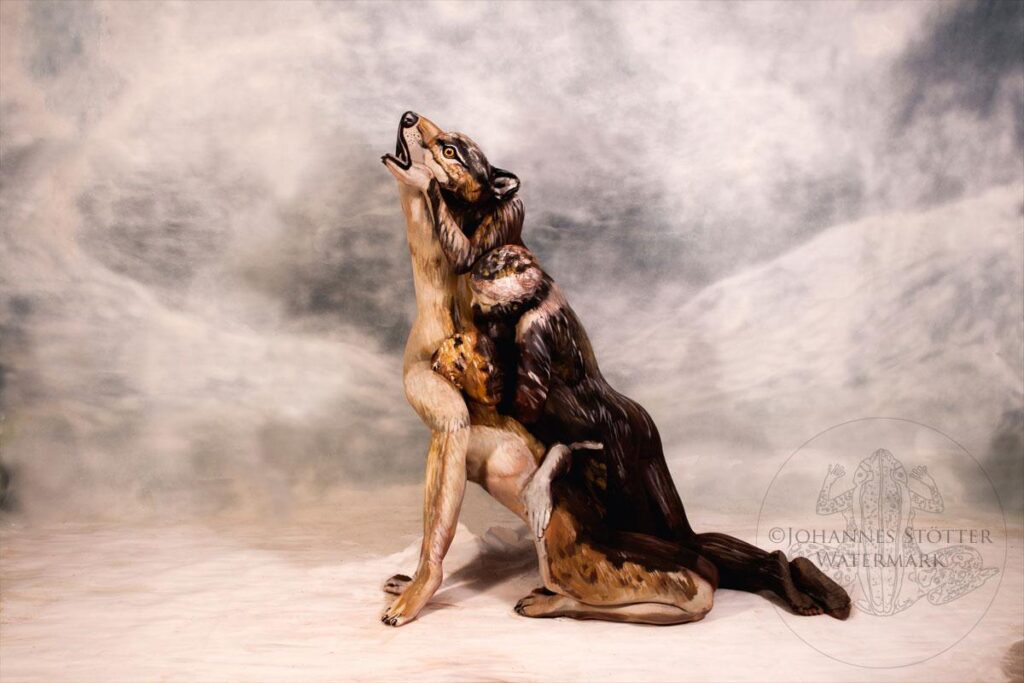
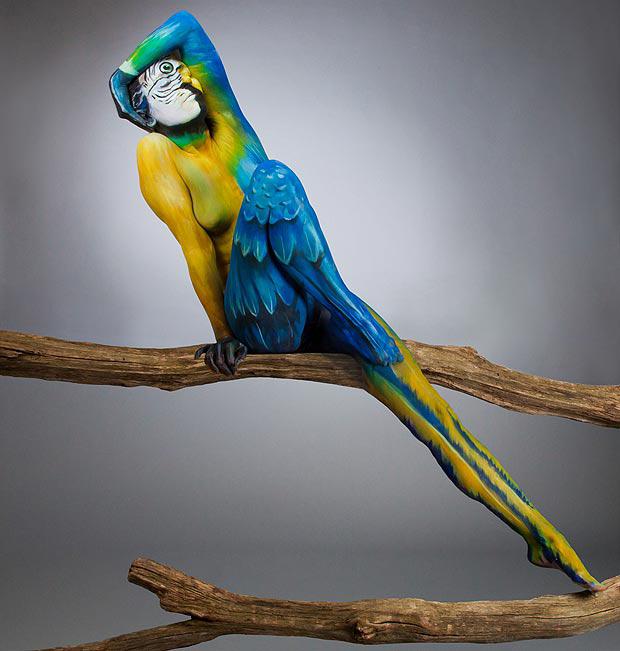
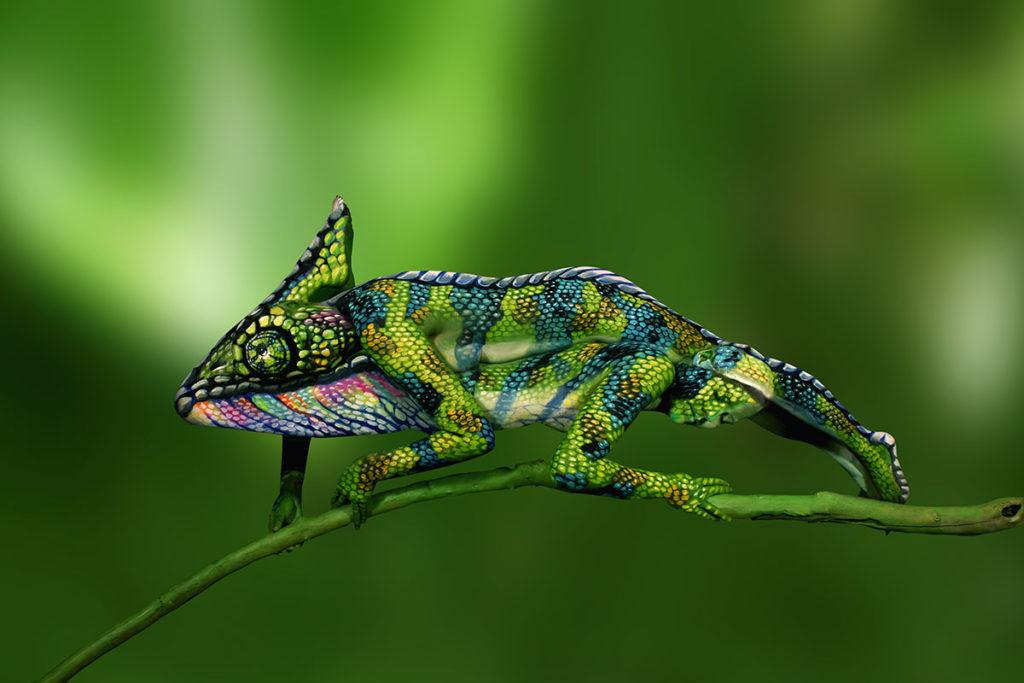
The Future of Body Painting.
With advancements in paint materials and techniques, body painting is evolving. UV-reactive paints, for example, bring artworks to life under black lights, while digital body painting allows artists to experiment with augmented reality and projection mapping. The possibilities are endless as this art form continues to grow and inspire creativity across the world.
Body painting isn’t just about aesthetics; it’s about pushing the boundaries of what art can be, transforming the human body into an ever-evolving canvas that captivates and surprises audiences everywhere.
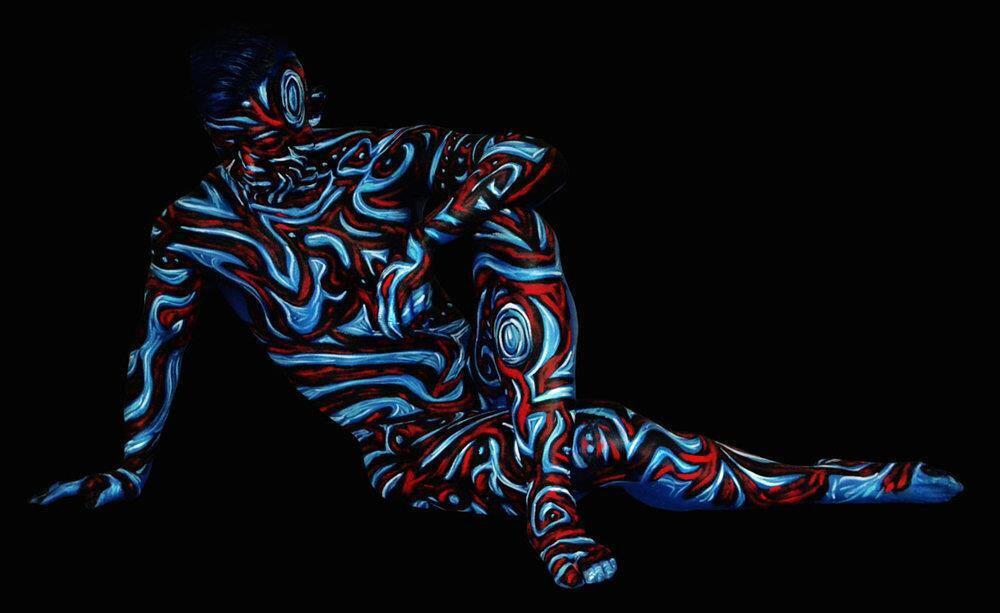
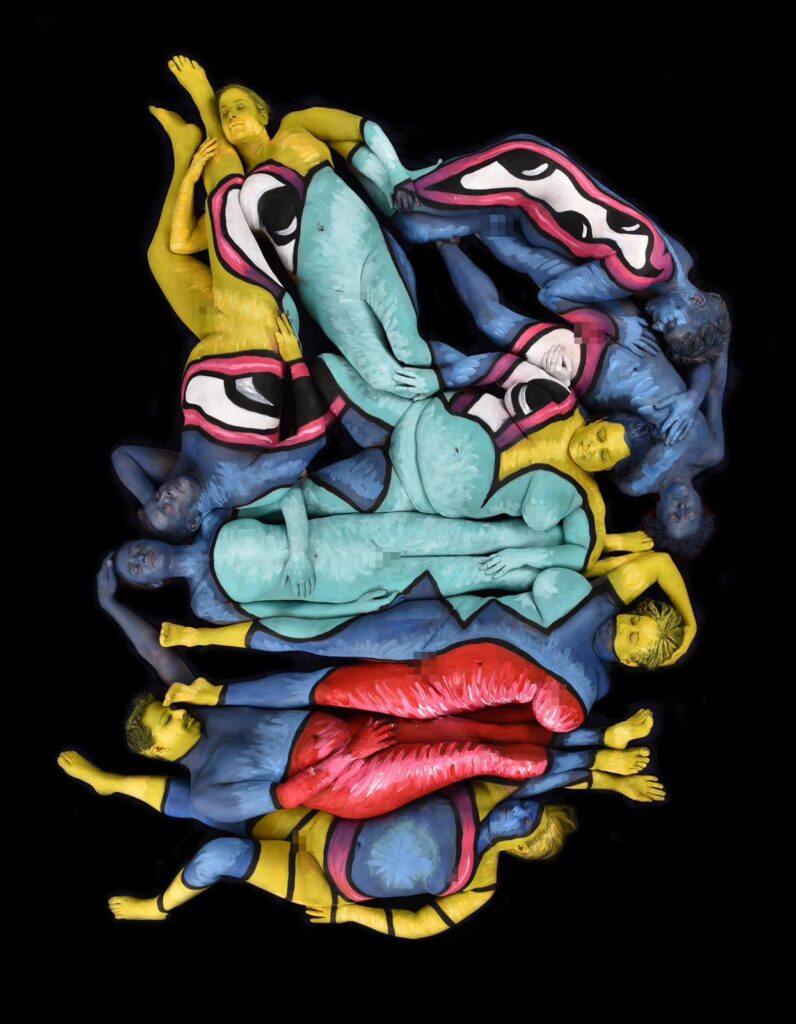
Future of body painting art.
